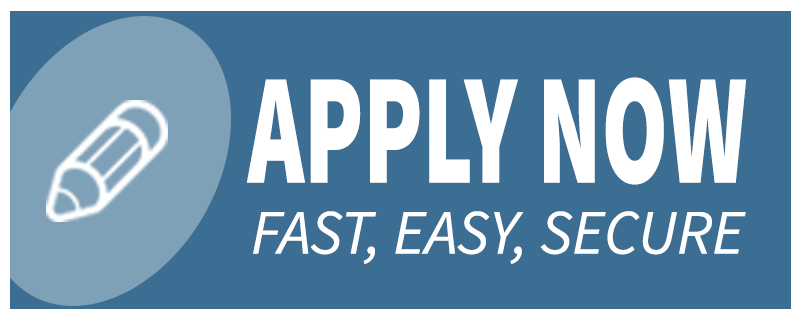What Documentation Will I Need To Get A Mortgage?
2020-09-15 | 12:17:05

What documents will I need to supply the lender to get a mortgage, is one of the most common questions that people ask when looking to get finance approval for a mortgage, and it is not a simple answer. The answer depends on a number of circumstances and factors related to your employment/source of income, the property you plan to purchase, your credit history, the amount of money you are putting down on the property and the size of the loan relative to the value of the property, and your debt service ratio (i.e. amount of money you have coming in as income relative to the amount you are committed to pay out in loans and expenses).
Here is a list of some of the documentation that are likely to be requested.
1) Identification – photo ID that is Government issued (i.e. Driver’s License, Passport, Permanent Resident Card, Government issued ID – but not a Health Card).
2) Proof of employment and annual income. The documents will vary if self-employed or paid by commissions. The types of documents are Federal Government Tax Assessment (Notice of Assessment –NOA); T4; T4A (commissions); letter of employment that includes position, time at company, annual income, on letter head with company contact to verify; recent pay stub; financial statements for owned business; business license; business cheque
3) Property Assessment to show the value of the property and not just the price you paid for it. There are different types of assessments, so it is best to find out from the lender which type is required by them.
4) MLS listing of property purchased and purchase agreement (not for pre-approval, but before final mortgage advance); Real estate sales person information
5) Status Certificate from Condominium corporation/management when purchasing a condo unit. To ensure the condo management and funding is sufficient to properly maintain property and that there are no liens against the property.
6) Divorce/separation agreement, including any alimony and child support requirements
7) Mortgage application to be filled in and signed, and consent given for lender/agent to gain personal finance information related to you – i.e. credit check/score, etc.
8) Proof of down payment – bank or investment documents, gift letter, etc.
If your mortgage term is coming up for completion, you may consider switching lenders for improved interest rates and options that will provide cost savings over time. In doing so, you will require different documentation that can include: current mortgage statement and history; property insurance information; mortgage deed and charge; and property tax statement.
As you can see, each mortgage situation is slightly different, and the requirements may change depending on them. However, this gives you a solid starting point in understanding what documentation you will be requested to produce by the lender.
For mortgage and refinancing information and advice, call Shelley Middlebrook at 647-997-3866 or email me at shelley@rightpathmortgage.ca





